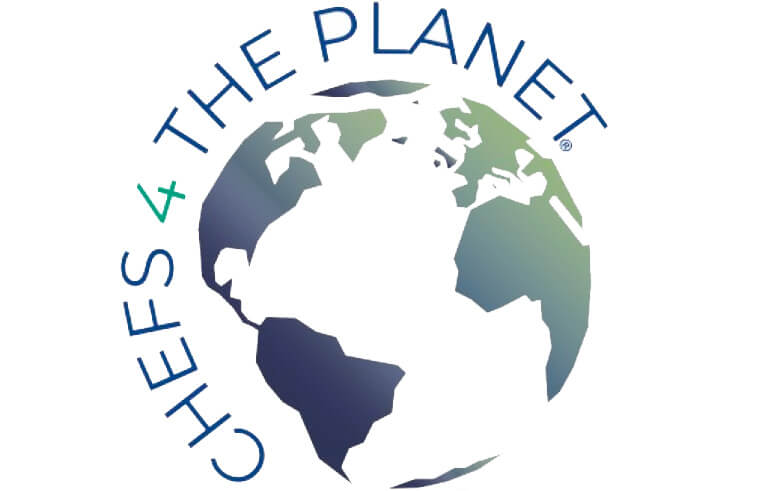Judy Wright Special to The Citizen
I just finished a webinar attended by people from around the world about our changing climate, and how it will impact what we eat by 2050. I had never really considered the changing climate from this perspective, and did not realize how many of my favorite foods will be affected. Coffee drinkers and tea lovers are potentially in for a big surprise as coffee plantations may disappear, tea leaves are changing in flavor, and it is predicted that foods could become less nutritious!
One of the actions suggested to slow climate change is to reduce food waste. Would you believe that Americans annually, according to the New York State Department of Environmental Conservation website, waste approximately 25% of the food we purchase, and it is valued at $1,000? I am guilty of being wasteful, as I have thrown unprepared food into my compost bin and have tossed forgotten leftovers into the trash.
The Ohio Food Scraps Recovery Initiative website indicates that in one year, a typical household throws away approximately 474 pounds of food. They further estimate that if this amount of food waste was generated by all U.S. households, it could be piled onto a football field and would reach over five miles high.
Supermarkets are considered to be one of the biggest generators of food waste. Recognizing this, the state of New York last year passed the Food Donation and Food Scrap Recycling Act, which will go into effect in January 2022. When in effect, healthy food will be directed to disadvantaged New York families, and food scraps will be recycled. The state DEC estimates that food scraps make up approximately 20% of the state’s residential waste stream, which then contributes an even greater percentage of landfill-produced methane.
Methane is a potent greenhouse gas that is produced when organic materials — such as food scraps, yard waste and paper products like newspapers and paper bags — decompose under conditions lacking air, such as in landfills. When these materials are allowed to compost with access to air, the finished product is a desirable nutrient-rich organic material that can be used in gardens, lawns and landscape plantings.
Read the rest here: https://auburnpub.com/lifestyles/eco-talk-food-waste-a-front-in-fight-against-climate-change/article_ce4ddb4f-53f7-526b-9496-9f1eb74cc2f3.html


